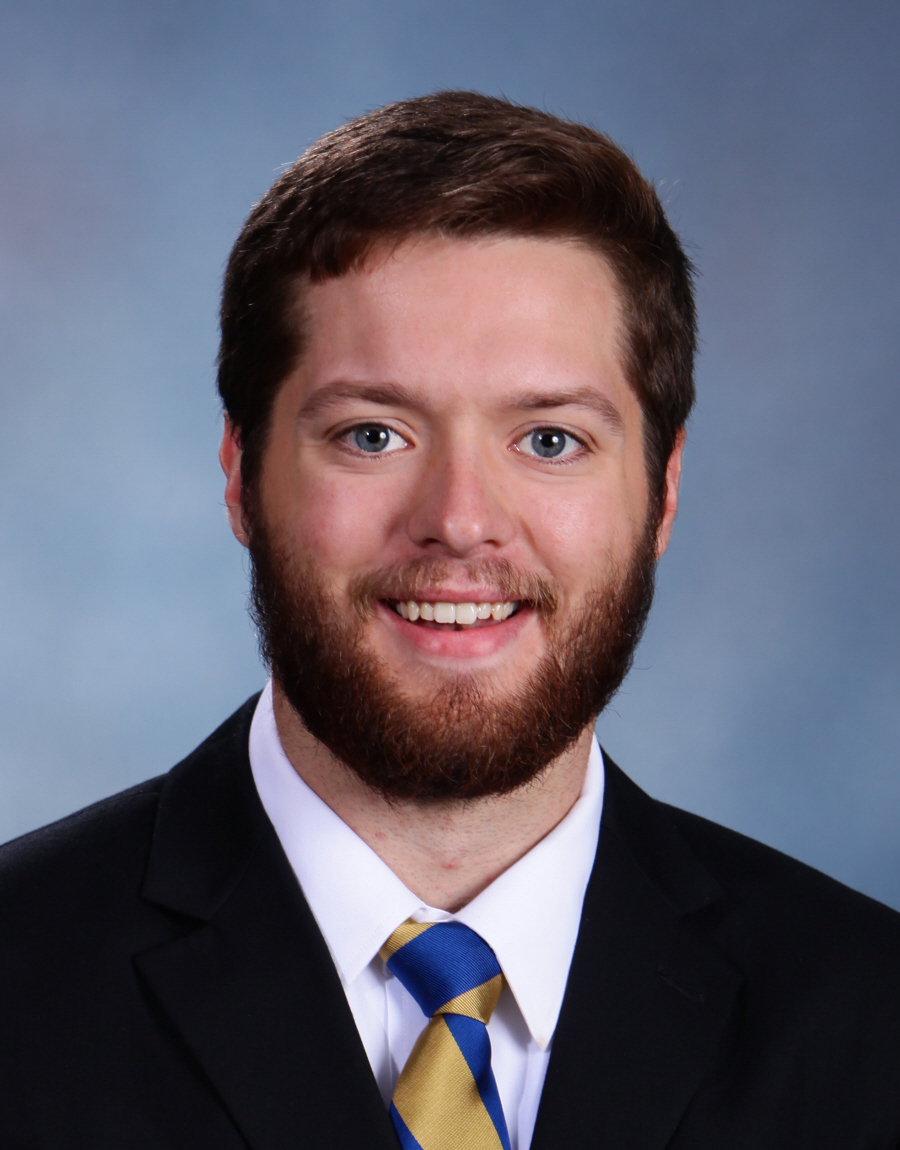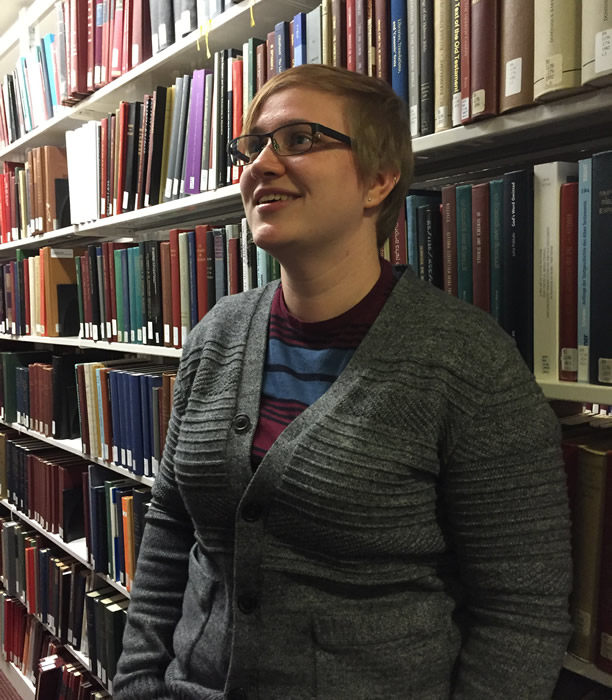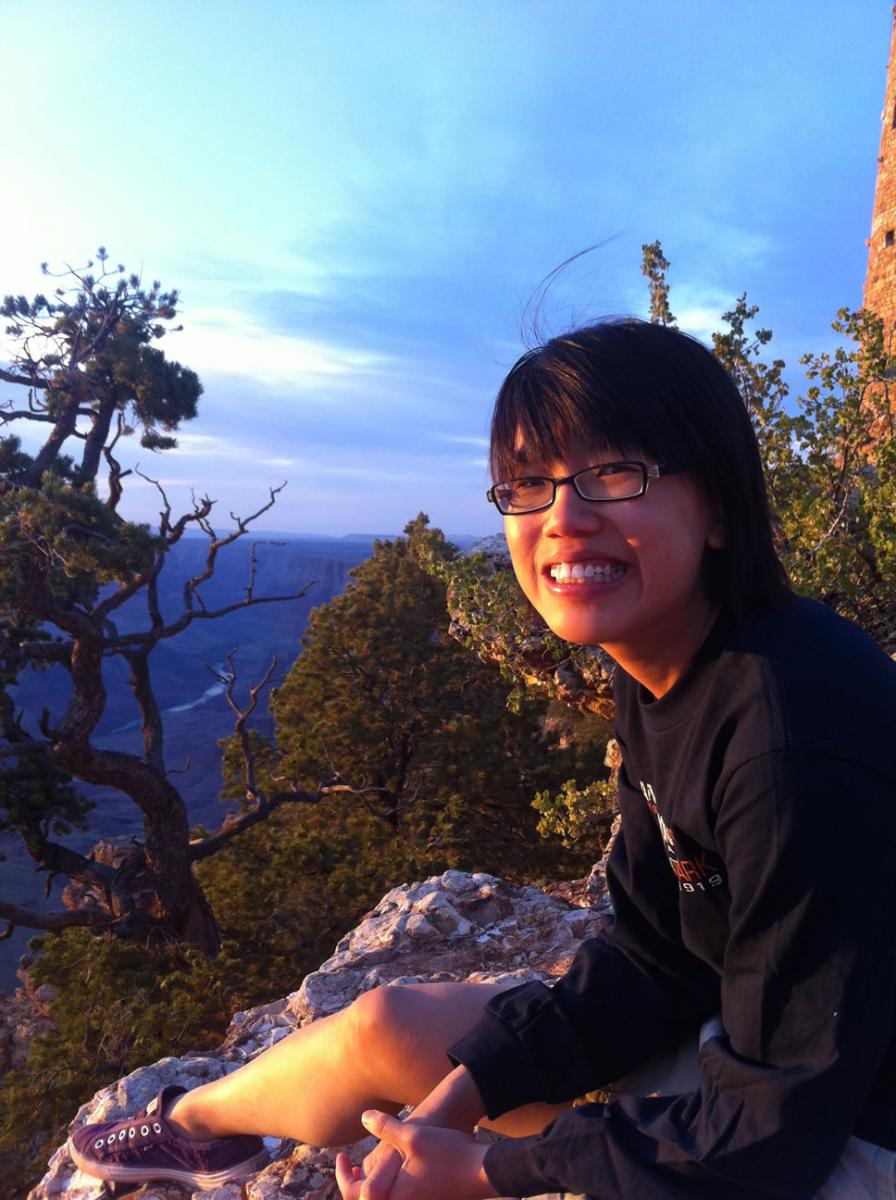The unexamined life is not worth living.
ὁ ... ἀνεξέταστος βίος οὐ βιωτὸς ἀνθρώπῳ
Socrates (Plato, Apology)
Your curiosity is a gift that’s led to your unique skills and experiences. It’s shaped who you are, where you’ve been and where you’re going… it’s your life’s story. Your curiosity contributed to your success.
How did curiosity move you to where you are today? Help us share your success story with today’s students.
Alison O'Toole, '15
“My experience in the UNL Classics and Religious Studies department prepared me for graduate study in political science. Learning about the history of religions, different philosophies, and modern science deepened my perspective, and put in context how our world has come to be what it is today.
"At a special seminar that FBI and CIA operatives in training are required to take, I found that I was already familiar with much of what was taught about perception and analyzing everyday world occurrences because of the courses I took in the Classics and Religious Studies program.
"Studying religion has given me a deeper understanding of how humans perceive and relate to one another, and that is a valuable asset in the integrated political and economic systems we live in today—one that both employers and graduate schools recognize as important.”
- Majors: Classics and Religious Studies (Religious Studies emphasis)
- Minors: Political Science, Theater, English
- Currently: Graduate program (PhD), Political Science, University of Nebraska-Lincoln
Jonathan Poarch, '15
"My religious studies professors did a great job of interacting with me as a student, allowing me to work through the complexities of religious history and theology. Their encouragement of me affirmed my passion for religious topics.
"Many of the topics discussed in my classes—whether it was balancing science and religion or the history of Israel—raise issues that do not have clear-cut solutions. Working through these difficulties in a critical manner has helped me to understand not only these religious topics better, but any social problems that humanity faces.
"The skills I acquired at UNL are the foundation for the work I am currently doing in the history of Christianity and theology in seminary. Further, my studies in different religious traditions have given me a broader perspective on the world, which I hope to use in interfaith relations."

- Majors: Classics and Religious Studies (Religious Studies emphasis), Geography
- Minor: Vocal Music
- Currently: Duke Divinity School, Master of Divinity degree program
Michael Montgomery, '15
"Working in the Classics and Religious Studies department most importantly taught me how to ask questions. Knowing how to critically analyze information is crucial, but knowing how to approach topics from multiple angles is equally important.
"I also learned how to read—religious texts are often dense and cannot be skimmed if they are to be understood.
"Further, studying various languages (Latin, Greek, Tibetan) opened my eyes to how authors use language to inflate or obscure. This, of course, has also helped my own writing.
"I use all of these skills every day for my current work and couldn’t succeed without them."

- Majors: Classics and Religious Studies (Religious Studies emphasis), History
- Minors: Latin, Philosophy, English
- Currently: Master of Theological Studies, with concentration in (Christian) theology, Harvard Divinity School
Jessica Loke, '12
“The Religious Studies program has made me question everything I have learned and gave me the ability and courage to investigate where this knowledge originates from. I have come to see how so much of my own knowledge is culturally acquired, and I understand that unless I understand my own biases and assumptions, it remains difficult to objectively seek new knowledge.
"Now that I am in graduate school, this ability is even more valued. Frankly, not a week goes by without my thoughts on how my classics and religious studies education helped me in my current graduate program. Most of my classmates are European students who did not have the privilege of a liberal arts education. Though sometimes I do envy the depth of their knowledge in psychology, I feel that they have missed out on so much more education can offer!”

- Majors: Classics and Religious Studies (Religious Studies emphasis), Psychology
- Minor: History
- Currently: Research Masters program in Psychology, University of Amsterdam, specializing in Brain and Cognition